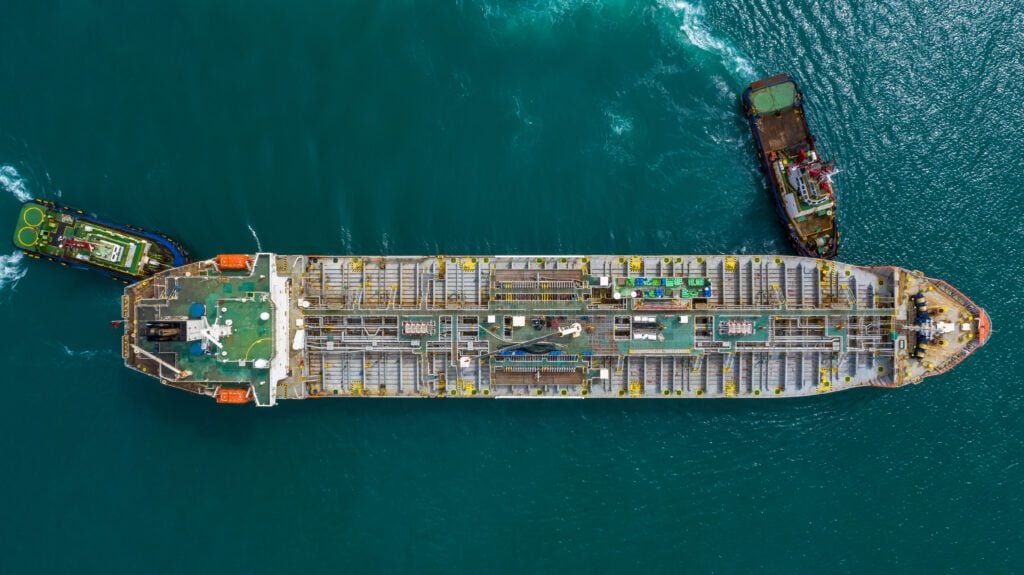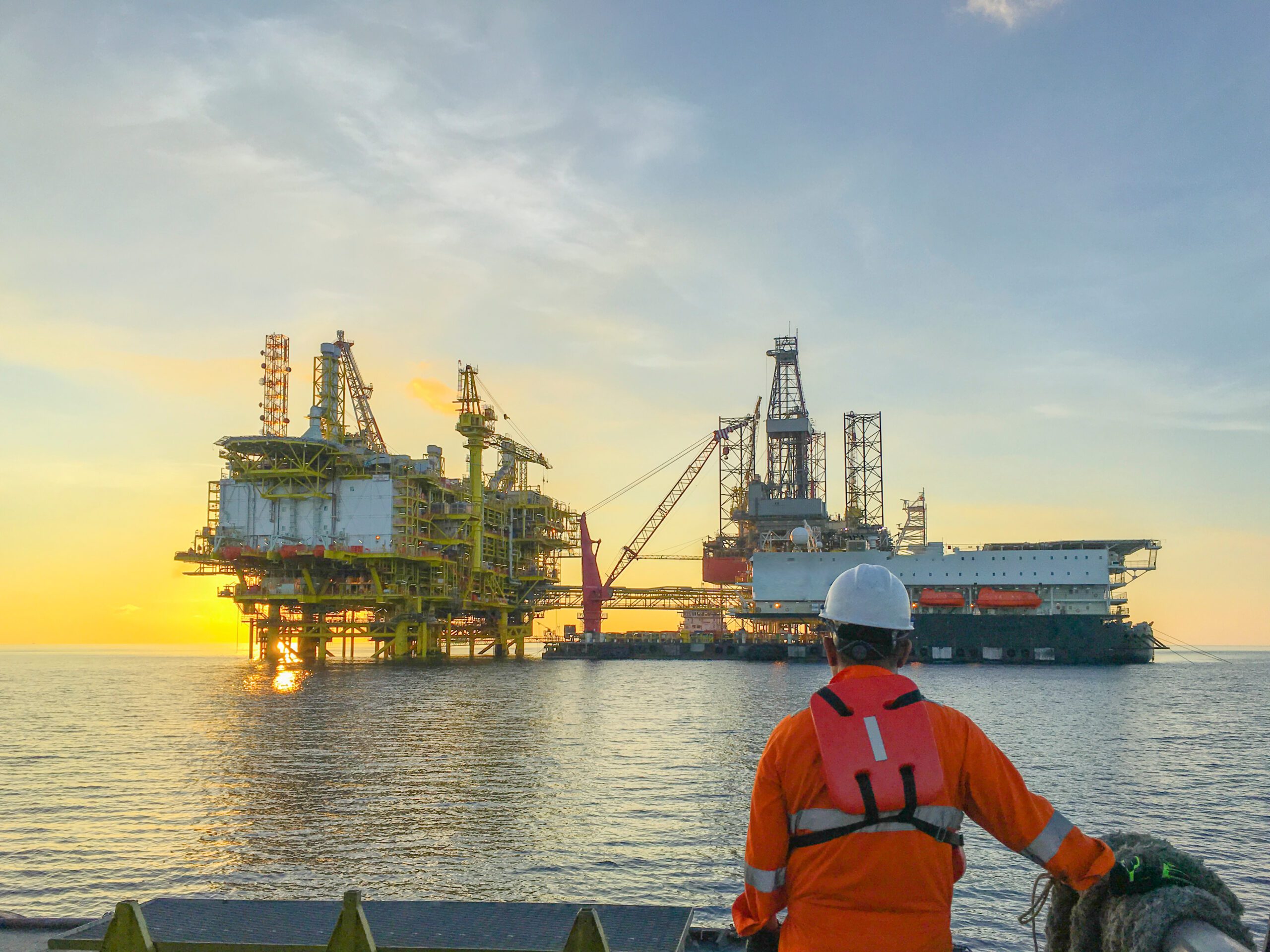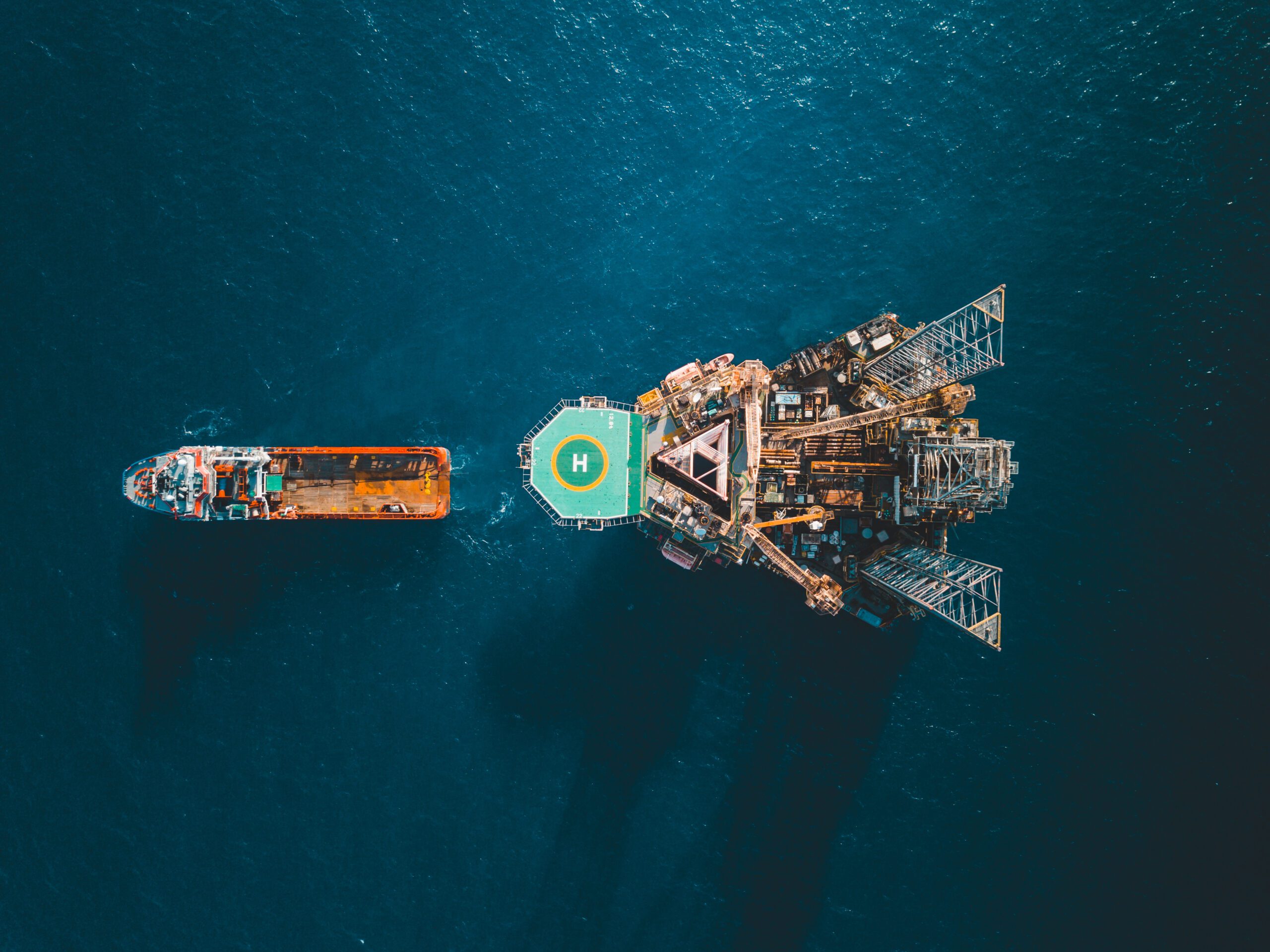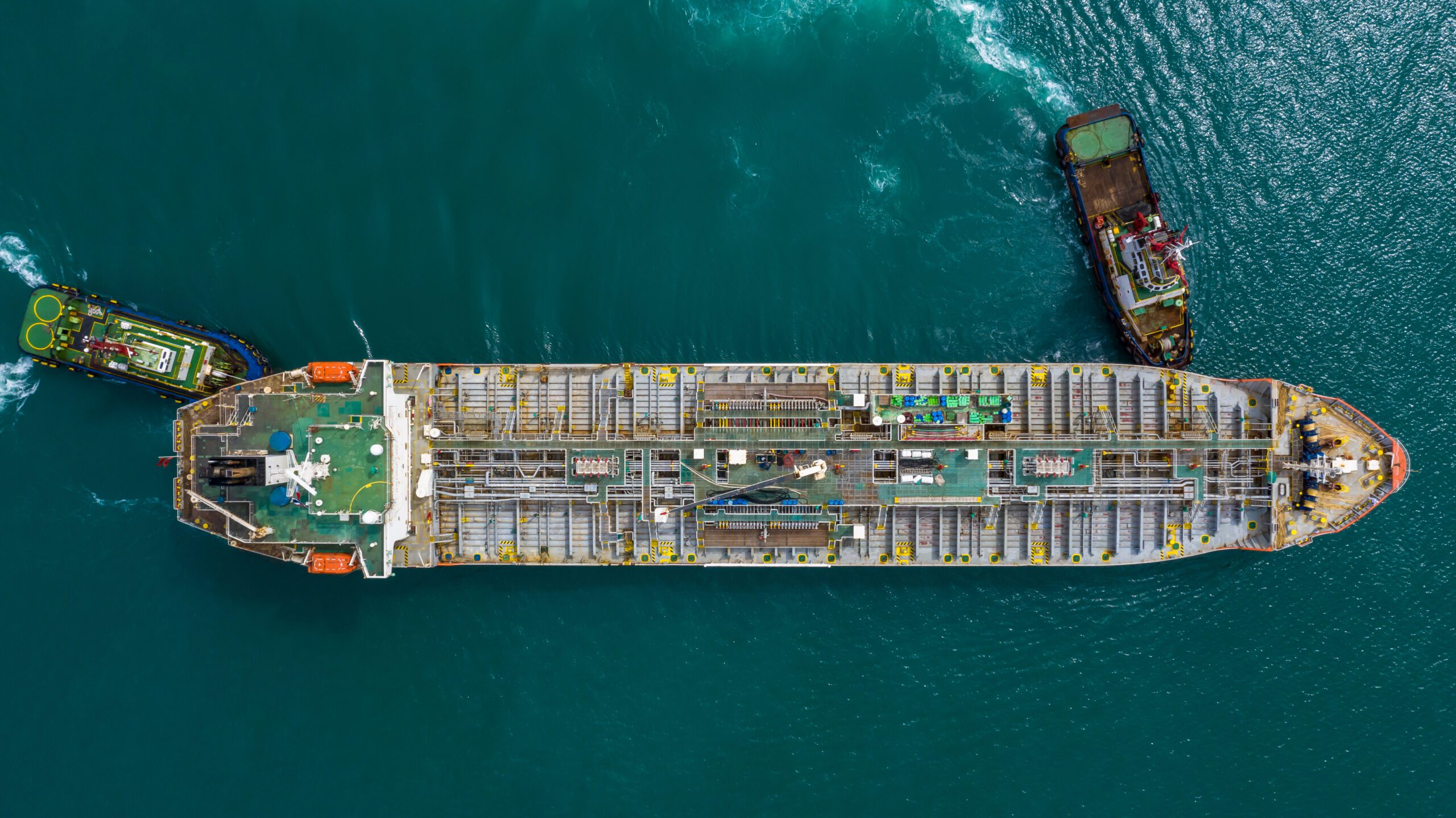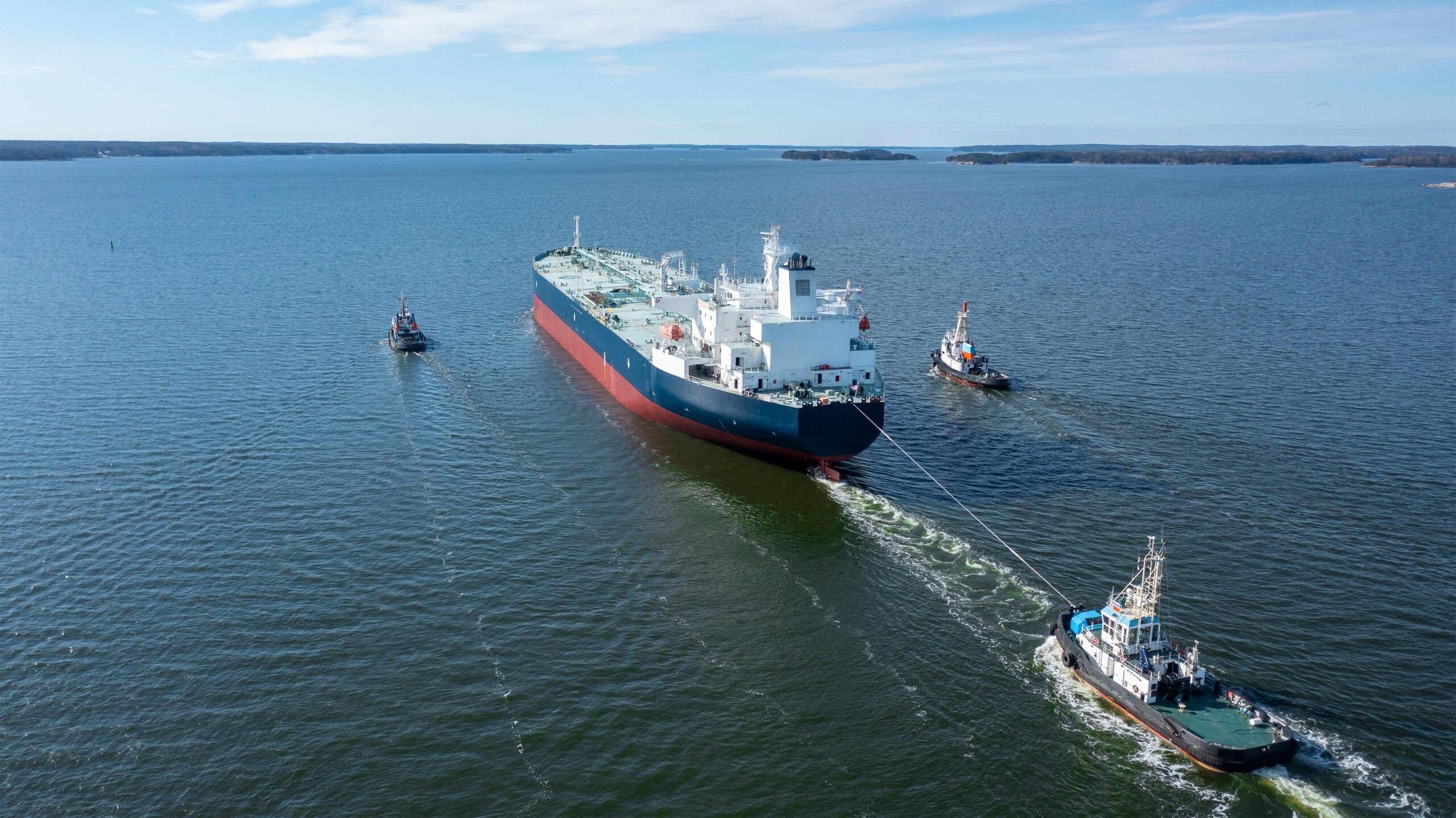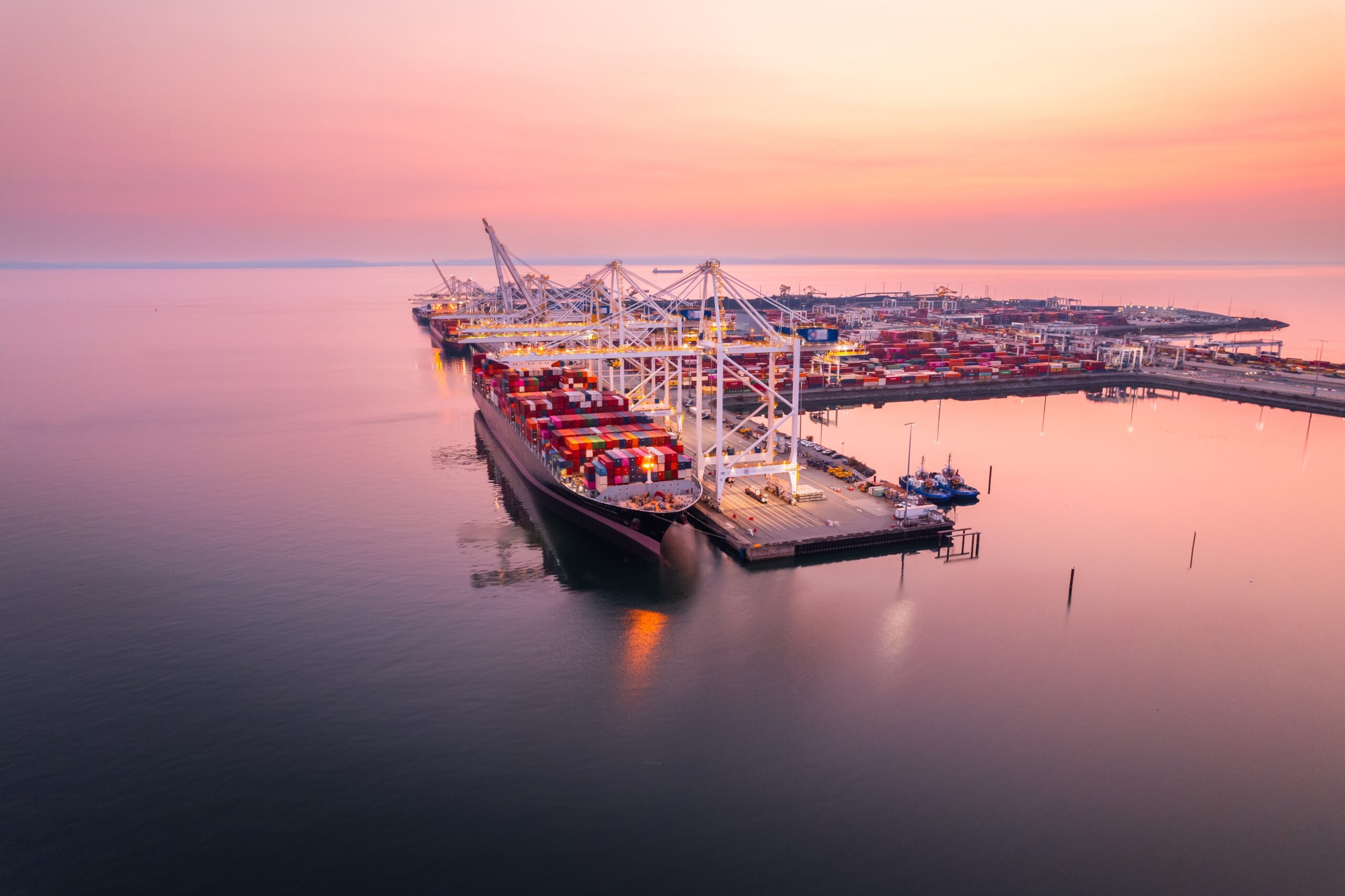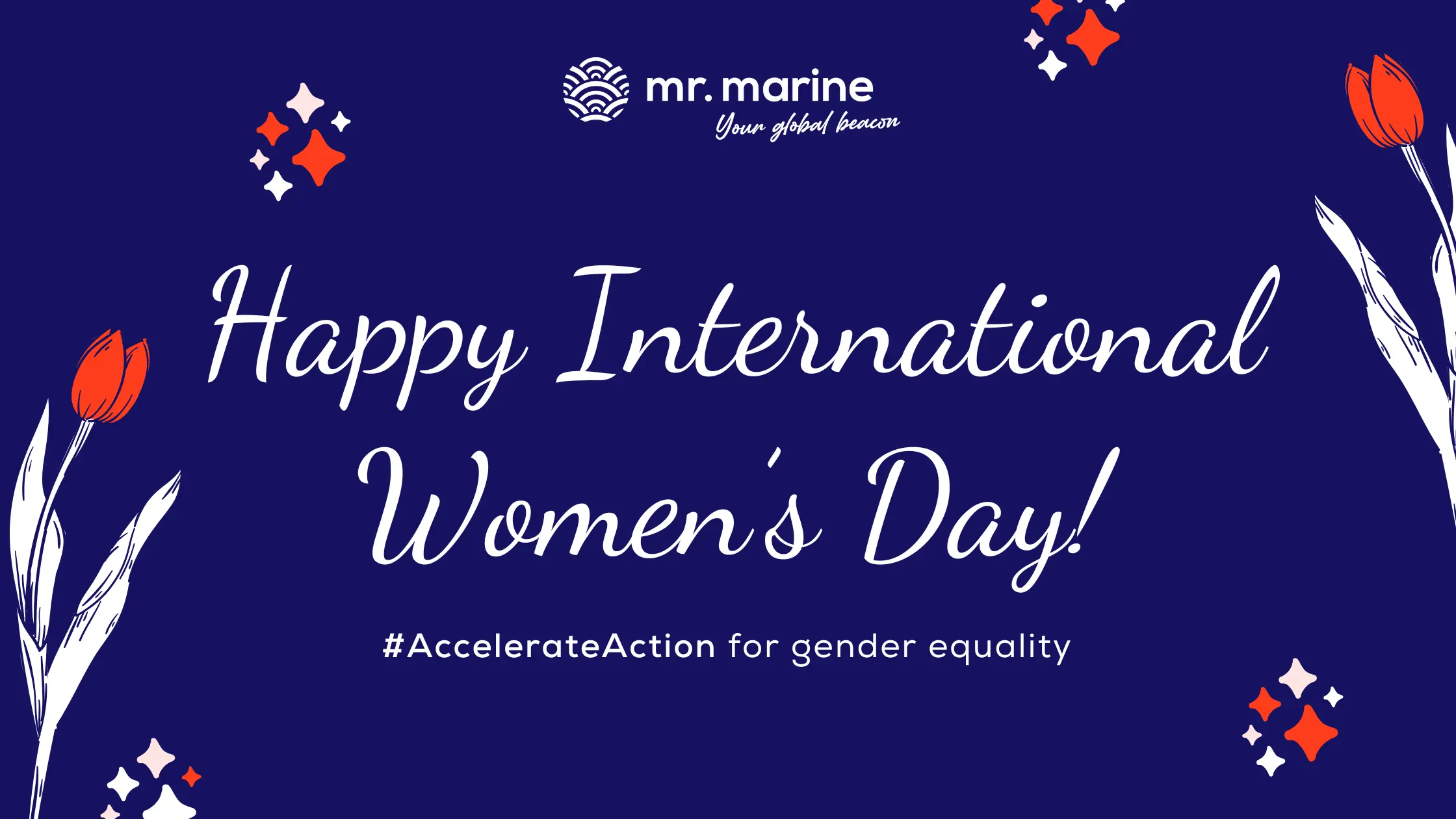The maritime industry is entering a new era defined by stricter regulations, rising environmental concerns, and urgent pressure to reduce emissions. As international shipping accounts for nearly 3% of global CO2 output, improving ship energy efficiency has become one of the most important priorities for the sector.
The IMO has introduced multiple frameworks, such as Energy Efficiency Existing Ship Index (EEXI), Carbon Intensity Indicator (CII), and the Ship Energy Efficiency Management Plan (SEEMP) to ensure that ships, owners, and operators adopt meaningful efficiency measures to cut fuel consumption, enhance performance, and meet compliance requirements under MARPOL Annex VI.
This blog explores how energy efficiency can be achieved through efficiency design, operational solutions, and efficiency technology, while also examining the role of data, marine management services, and advisory support in enabling sustainable decarbonisation across the global fleet.
Why Ship Energy Efficiency Matters
For decades, heavy fuel oil dominated the shipping industry due to low cost, but it has also been the single largest contributor to pollution and carbon emissions. Today, climate change and international regulatory standards are driving a change in how vessels are designed, operated, and managed.
Improving efficiency brings multiple benefits:
- Reduction of CO2: Cutting fuel consumption directly lowers emissions contributing to climate and decarbonisation goals.
- Compliance: Meeting IMO’s regulatory frameworks like EEXI, CII, and EEDI ensures ships remain operational in the global market.
- Commercial advantage: More efficient vessels improve performance and reduce costs, enhancing competitiveness for owners and charterers.
- Safety and reliability: Efficient systems reduce stress on propulsion equipment, lowering the risk of failures during operations.
Clearly, ship energy efficiency is not just an environmental requirement, it is a strategic plan that ties together operational, commercial, and safety outcomes for the entire industry.
Regulatory Frameworks Driving Energy Efficiency
MARPOL and IMO initiatives
The foundation of ship energy efficiency lies in MARPOL Annex VI, which sets limits on air pollution and establishes standards for the reduction of greenhouse gas emissions. The IMO, through its committees, continues to roll out mandatory measures to ensure ships meet both short-term and long-term decarbonisation targets.
EEDI , EEXI , and CII
- EEDI (Energy Efficiency Design Index): Applies to newbuild vessels, ensuring that design technologies inherently meet minimum efficiency levels
- EEXI (Energy Efficiency Existing Ship Index ): Extends similar principles to the existing fleet, requiring modifications or retrofits to improve performance
- CII (Carbon Intensity Indicator): Evaluates how efficiently a ship transports goods, measured in terms of CO2 emitted per cargo capacity and distance
Together with SEEMP, these instruments form a comprehensive plan for implementation of solutions to reduce fuel consumption, improve efficiency, and align the industry with global climate targets.
SEEMP: The Heart of Ship Energy Efficiency Plans
The Ship Energy Efficiency Management Plan (SEEMP) is a mandatory document that every vessel must carry under IMO rules. It serves as both a plan and a roadmap for enhancing efficiency and reducing emissions.
The SEEMP is structured into three distinct parts to provide a complete framework for ongoing efficiency improvement:
- Part I: Ship management plan to improve energy efficiency: This original part of the SEEMP establishes a mechanism for a company and/or a ship to improve the energy efficiency and reduce the carbon intensity of a ship’s operation through a four-step cycle: Planning, Implementation, Monitoring, and Self-evaluation & Improvement.
- Part II: Ship fuel oil consumption data collection plan: This part details the methodologies and processes for a vessel to systematically collect and report its annual fuel oil consumption data, distance travelled, and hours underway to the flag administration under the IMO Data Collection System (DCS).
- Part III: Ship operational carbon intensity plan: This section is required for ships subject to CII and must include a plan for achieving the required annual operational CII for the next three years, detailing the efficiency measures to be implemented, the methodology for calculating the attained CII, and the process for self-evaluation and improvement.
By embedding SEEMP as part of daily operations, ships not only comply with regulations but also achieve long-term efficiency gains that benefits both the environment and commercial outcomes.
Measures to Improve Ship Energy Efficiency
Design-based Measures
Advances in technology have led to significant improvements in ship design. Energy-saving devices like air lubrication systems, advanced hull coating, and optimized propulsion systems are reducing drag and fuel consumption. The design phase also integrates renewable fuels and hybrid technologies to support compliance with future international requirements.
Operational Measures
Day-to-day operations can deliver substantial efficiency improvements. Slow steaming, optimized voyage planning, and better use of data for decision making help operators to reduce consumption. Implementing smart management systems ensures that crew adopt best practices as part of daily routines.
Alternative Fuels and Technologies
The shift toward low-carbon fuels such as LNG, biofuels, and methanol, alongside hybrid battery technologies, support IMO’s decarbonization targets. These solutions not only help reduce CO2 but also prepare the shipping industry for a future where reliance on heavy oil diminishes.
Monitoring and Reporting
Accurate data is essential for performance evaluation. Advanced monitoring technologies and integrated digital platforms provide real-time insight into ship operations. These allow operators to measure intensity, evaluate indicators, and adjust strategies to continually improve efficiency.
The Role of Advisory Services in Energy Efficiency
Improving energy efficiency isn’t just about technology, it requires expertise, management, and ongoing support. Specialized services provide shipowners with practical solutions for SEEMP implementation, EEXI compliance, and CII performance management.
Advisory services help fleets:
- Benchmark ships against international standards
- Optimize operations with tailored plans
- Implement effective technologies to achieve measurable reduction in CO2 emissions
- Prepare reports and documentation required for regulatory compliance
By leveraging expert insights and resources, shipowners can ensure that efficiency plans are not only compliant but also aligned with commercial and operational objectives.
Challenges and Opportunities
While the industry has made progress, several challenges remind:
- High upfront costs for retrofitting existing vessels
- Uncertainty over future fuels and technologies
- Complexity of implementation across diverse fleets
Yet, these challenges also create opportunities:
- Commercial advantages for early adopters of energy-efficient solutions
- Better access to green financing and resources
- Stronger business performance through reduced costs and enhanced brand reputation in a global market
The path to energy efficiency requires coordinated work between companies, regulators, and technology providers to overcome barriers and unlock long-term benefits.
Ship Energy Efficiency – A Must in Today’s Maritime Environment
Ship energy efficiency is no longer optional, it is an essential part of modern shipping. Through frameworks like SEEMP, CII, and EEXI, the IMO and international community have set the course for meaningful reduction of greenhouse gas emissions.
With the right combination of technologies, operational measures, and expert services, the industry can achieve measurable gains in efficiency, ensuring that ships remain compliant, competitive, and sustainable.
As the global fleet continues its journey towards decarbonization, collaboration will be the key. By working with experienced partners like Mr.Marine, operators gain access to the insights, solutions and resources needed to navigate regulatory compliance, reduce costs, and embrace the future of shipping with confidence.
Together, these efforts represent not only compliance with standards but also a bold step towards cleaner operations, reduced pollution and a sustainable maritime industry that can meet the challenges of climate change head on.
Mr. Marine for Your Vessels’ Needs
Ensure the reliability and compliance of your onboard systems. Our global service team specializes in marine elevators, BWTS, and both fixed and portable equipment, offering cost-effective solutions to minimize downtime. Request a quote today and we will get back to you promptly.


